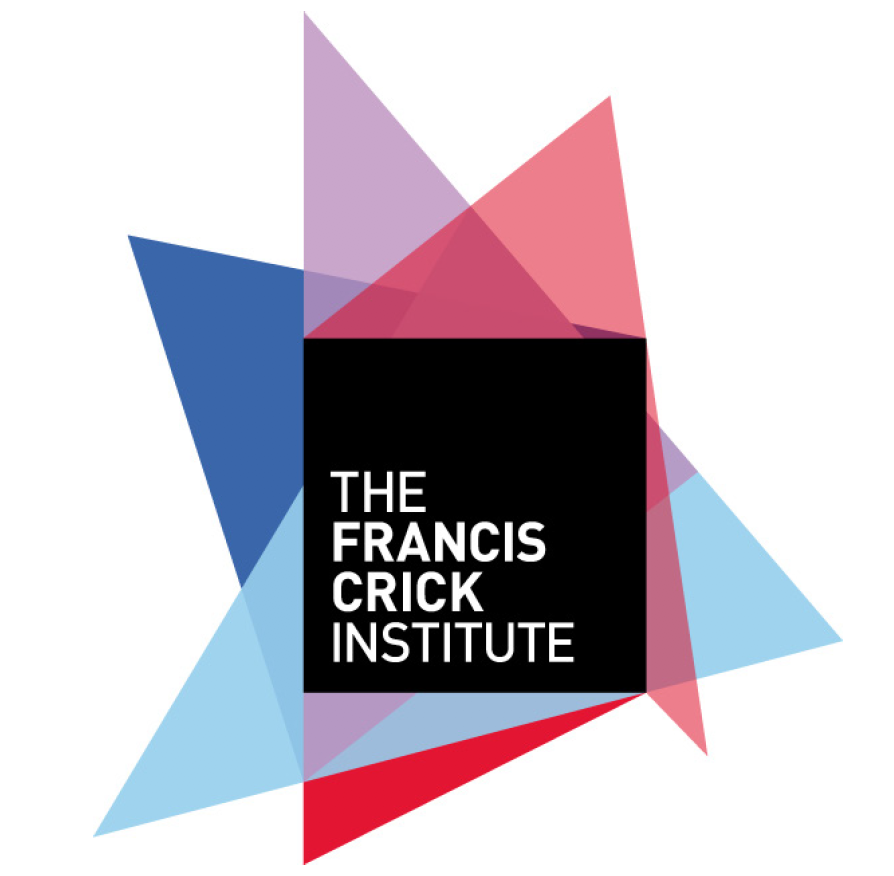Faculty Positions | The Francis Crick Institute
Posted by James Briscoe, on 4 October 2018
Closing Date: 15 March 2021
The Francis Crick Institute is recruiting Early Career Researchers who wish to set up their first independent research programme at the Crick in any area related to biomedicine. We welcome applications from those who wish to work on a flexible and/or part-time basis.
biomedicine. We welcome applications from those who wish to work on a flexible and/or part-time basis.
Successful candidates will be offered a competitive salary with a 6-year contract, renewable once for a total of 12 years. The package includes:
- Salaries and consumables for up to five researchers, including graduate students
- Opportunity to expand through external grant funding
- Ready access to Crick Core Facilities
- Full lab setup in state-of-the-art laboratory space
- Package applies to the duration of the contract
The Crick will provide mentoring and support to ensure its early career Group Leaders make the most of their time at the institute and develop a world-class research programme. Towards the end of the 12-year period we will support them to find leadership positions elsewhere, with potential for a transition start-up package for those remaining in the UK.
Applications from candidates with a PhD and postdoctoral experience should be submitted online at:
https://academicrecruitment.crick.ac.uk
More information can be found at
www.crick.ac.uk/careers-and-study/faculty/early-career-group-leaders
Closing date: midnight on 1st November 2018


 (1 votes)
(1 votes)
Dear Sir, Madam
My name is Fotios Papadogiannis, I am a master graduate from the Materials Science and Technology Department of the University of Crete, Greece in 2018 .
I wish to apply for this job position and I attach my CV with this supporting statement for your consideration.
My interest in studying Biomaterials actually started in High School when I realised how exciting the field of Tissue Engineering is where cells combined with biomaterials can correct defects and regenerate tissues and organs.
During the first years of my studies in the Materials Science and Technology Department of the University of Crete, I sought to gain experience working on human cells and tissues and I used to attend, in parallel with my studies, the activities of the Haemopoiesis Research Laboratory within the Medical School of the University of Crete where researchers were running projects on human mesenchymal stem cells (MSCs) and their differentiation on biomaterials. At that time, I gained hands on experience working on BM-MSC cultures.
During the fourth year of my studies (February 2015), although it was not obligatory, I performed an internship in the Haematology Laboratory of the University Hospital of Heraklion and I was mainly trained to design and perform Flow Cytometry.
From September 2015 – June 2016 I worked on my Bachelor thesis under the supervision of Professor M. Chatzinikolaidou (Department Materials Science and Technology) in collaboration with the Haemopoiesis Research Laboratory, Medical School of the University of Crete (under the supervision of Professor C. Pontikoglou) on a project investigating” “Differentiation of bone marrow mesenchymal cells into osteocytes on biomaterial comprising chitosan/gelatin”.
From September 2016 – September 2018 I have been working on my Masters thesis in the same Laboratories on the project: “Characterisation of the extracellular matrix produced by human bone marrow mesenchymal stem cells (MSCs) undergoing osteogenic differentiation on chitosan/gelatin scaffolds”. During my MSc studies, I had the opportunity to undertake a 5-month Erasmus Internship (April 2018 – August 2018) in Prof. A. Mantalaris Chemical Engineering Lab in Imperial College London working on CLFM immunofluorescence and microscopy as part of my Masters Thesis but also gaining experience on tissue engineering with alginate hydrogels and UC-MSCs cultures in bioreactors. So far, the collaborative projects between the Material Science and Technology Department, the Haemopoiesis Research Laboratory of the Medical School of the University of Crete and the Chemical Engineering Lab in Imperial College, have provided me the unique opportunity to work on BM-MSCs (culture, immunophenotypic characterization, differentiation towards osteo- and adipocytes and further characterization with appropriate staining and real time RT-PCR for specific differentiation-associated markers), to create biomaterials and combine them for further studies in the field of Tissue Engineering.
From March 2017 until March 2018 I worked as a secretary in the Public Umbilical Cord Blood Bank of Crete . I was responsible for the information of parents interested to donate the umbilical cord blood of the neonates on issues related to cord blood banking.
I have two publications, one by offering assistance in flow cytometry during my Bachelor studies (Damianaki A et al. Minor populations of paroxysmal nocturnal hemoglobinuria-type cells in patients with chronic idiopathic neutropenia. Eur J Haematol. 2016;97:538) and the other as second author on the basis of my Bachelor Thesis (Georgopoulou A, Papadogiannis F et al Chitosan/gelatin scaffolds support bone regeneration. J Mater Sci Mater Med. 2018;29:59).
In summary, I have gained significant experience from my Bachelor and Masters studies at the Materials Science and Technology Department of the University of Crete including research on cell cultures and Biomaterials. I am highly motivated to undertake this job position in the field of cell culture. My objective is to work hard on this exciting field of research and contribute to publications and novel therapies for patients with degenerative and other diseases where tissue Engineering has an important role.
Yours faithfully,
Fotios Papadogiannis,